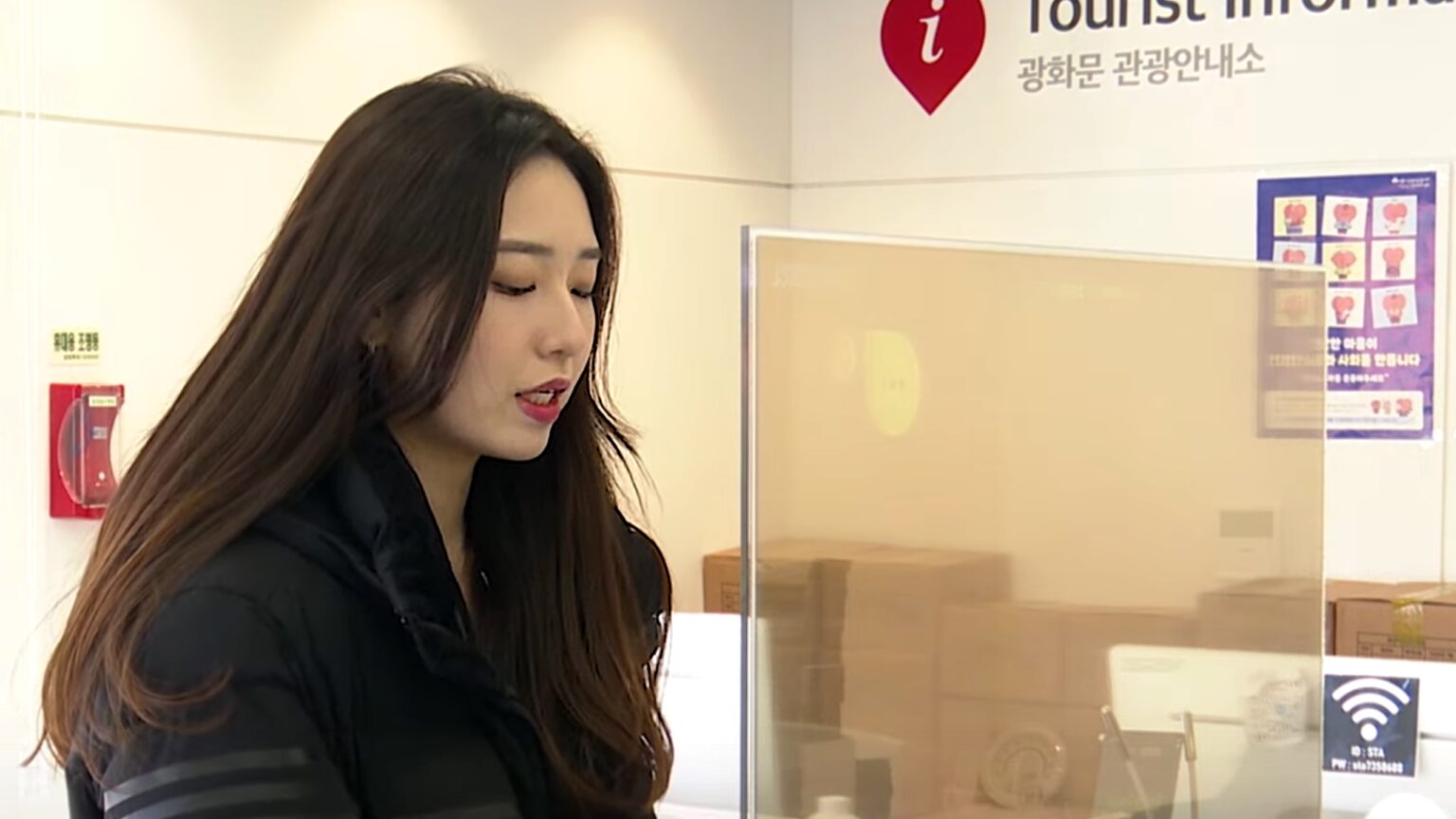The Seoul metro is breaking language barriers as it puts to the test its real-time AI-powered translation service that enables seamless communication with foreign tourists.
The translation service supports 13 languages: English, Korean, Japanese, Chinese, Vietnamese, Malay, Thai, Arabic, Malay, Bahasa, Indonesia, Spanish, French, German, and Russian. Piloting the project in the South Korean capital’s Myeondong Station on Seoul Subway Line 4 began on Dec. 4.
Seamless communication
The AI-powered translation service, according to Seoul Metro, is to facilitate seamless communication between visiting foreign tourists in the South Korean capital and station staff. With the translation service, both parties can communicate using their respective languages while facing each other through a transparent OLED display.
The system used incorporates touch screens and wired and wireless microphones, which enhance communication with the visiting tourists. This is also meant to improve on-site responses from station staff.
Successful implementation of the pilot project will see Seoul expand the service to five other stations that are popular with foreign tourists in the next year. These are Seoul Station, Itaewon Station, Gimpo International Airport Station, Gwanghwamun Station, and Hongik University Station.
Also read: How Psychological Stress Affects eSports Gamers: A Study
Quick information
According to Seoul Metro, the see-through OLED display also affords a “route search function and details fare prices, as well as offering information about T-locker, Seoul Metro’s goods storage services, and T-Luggage storage facilities.”
“By introducing this system, we expect foreigners of various nationalities visiting Korea to easily and conveniently receive subway information,” said Seoul Metro chief executive Baek Ho.
Seoul Metro reportedly recorded higher user satisfaction following on-site tests that were carried out in November with foreign tourists. The initiative supports Seoul’s broader plans of becoming an international tourism hub, attracting about 30 million visitors by 2027, according to its Mayor, Oh Se-hoon.
Further improvements
Since the beginning of the pilot project, Seoul Metro has taken note of areas that need attention. Improvements noted include the use of directional microphones and noise removal technology to improve voice recognition, especially for nouns such as station names.
Seoul also anticipates expanding the service to mobile devices to further enhance convenience for visiting tourists.
“We will also increase the satisfaction of foreign tourists by further enhancing convenience and usability by providing services in conjunction with mobile devices such as mobile phones,” said Ho.
Myeongdong Station was selected for the pilot project that will last for four months because it is heavily used by foreign tourists. The AI translation service is available at the entrance to the customer safety office.
An influx of tourists
The initiative comes as the Korea Tourism Organization projects an estimated 10 million visitors to the country by the end of December this year. Of these, 79% will be individual travelers.
Despite its vibrant tourism industry, there have been complaints from foreign visitors about the public transport system.
The Korea Tourism Organization has been working towards resolving the complaints that came through its Complaint Center. Among the initiatives put in place are to enhance easy navigation in the cities, an improved communication system, and an easy ticketing system.









 and then
and then